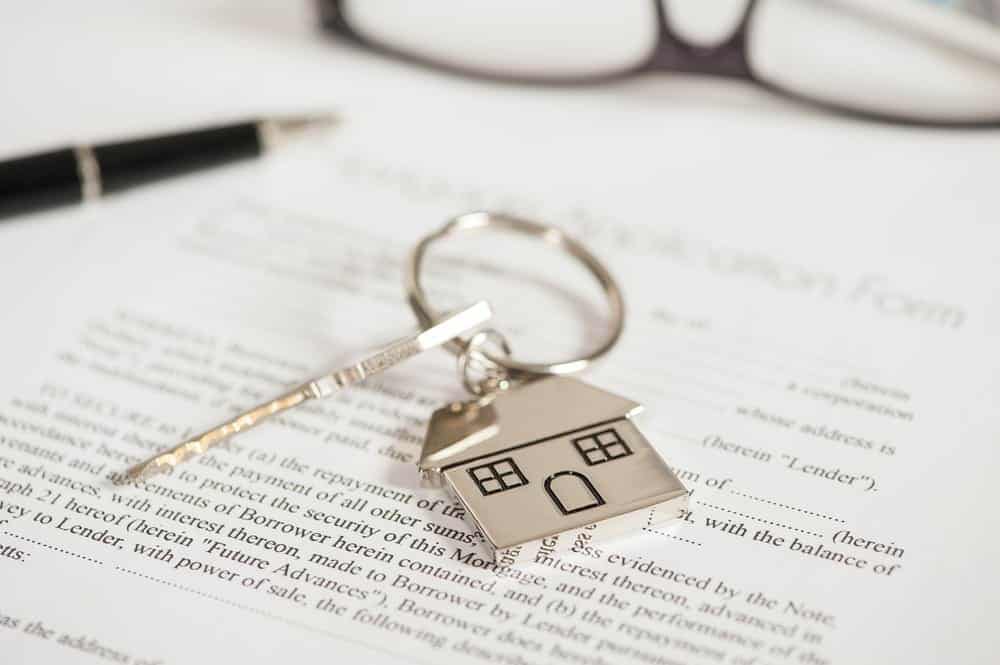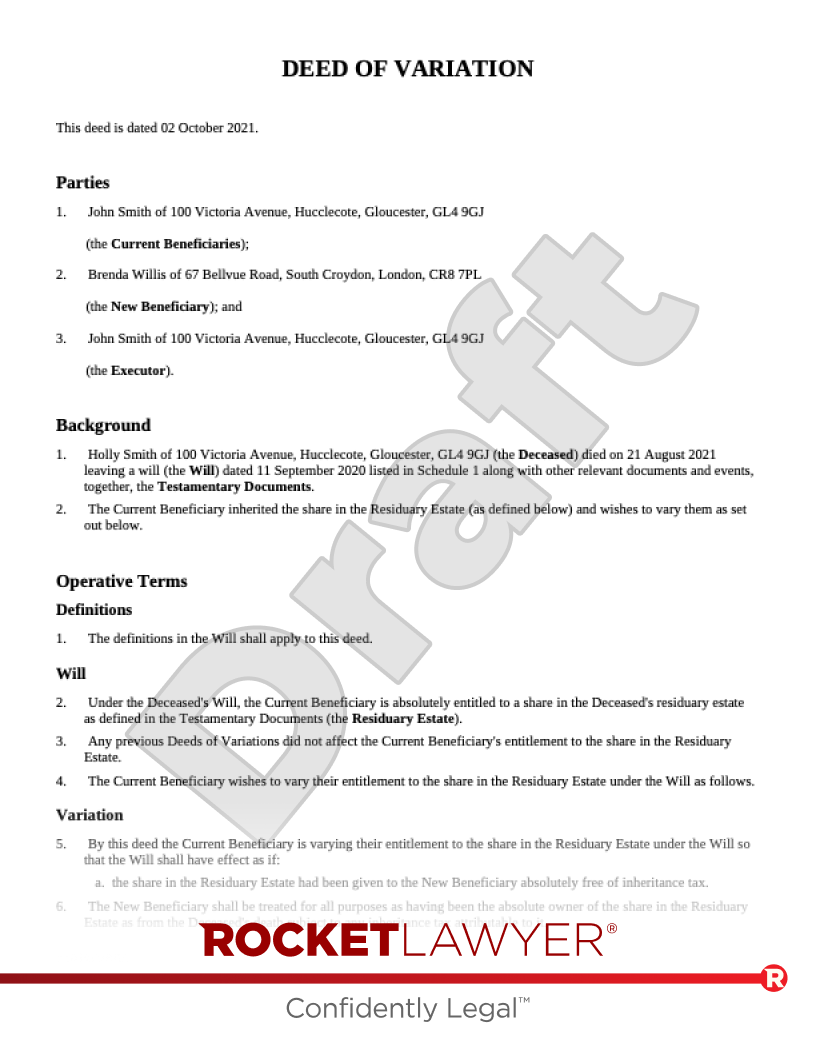Introduction
When you buy a property, you get a document called a deed. This deed shows you own the property. But sometimes, you need to change this deed. This is where a Deed of Variation comes in. It changes the terms of the original deed. Let’s learn more about this.
What is a Freehold Property?
A freehold property means you own the property and the land. You have full control over it. You can live there, sell it, or pass it to someone else. Freehold is different from leasehold. Leasehold means you own the property but not the land. You lease the land for a certain number of years.
What is a Deed of Variation?
A Deed of Variation is a legal document. It changes the terms of an existing deed. This can be important for many reasons. For example, you might need to change the boundaries of your property. Or you might want to change rights of access.
Why You Might Need a Deed of Variation
- Change Boundaries: You might want to change the size of your property.
- Change Rights of Access: You might need to allow access to a neighbor.
- Update Terms: The terms of the original deed might need updating.
- Correct Mistakes: There might be mistakes in the original deed.
How to Get a Deed of Variation
Getting a Deed of Variation involves several steps. First, you need to talk to a solicitor. A solicitor is a legal expert. They will help you understand what changes you need. They will also help you draft the new deed.
Next, you need to get agreement from all parties. This means anyone who has an interest in the property. They must agree to the changes. Finally, you will sign the new deed. This makes the changes official.
Costs Involved
Getting a Deed of Variation can cost money. You will need to pay your solicitor. The cost can vary. It depends on how complex the changes are. You might also need to pay for any surveys or valuations. These help to understand the impact of the changes.
Benefits of a Deed of Variation
A Deed of Variation has many benefits. It can make your property more valuable. It can also solve disputes with neighbors. It can ensure your property meets current laws and regulations. This can make it easier to sell in the future.

Credit: www.webuyanyhome.com
Risks of a Deed of Variation
There are some risks to consider. The process can be time-consuming. It can also be expensive. You need to make sure all parties agree. If they don’t, the process can be delayed. It’s important to work with a good solicitor. They can help you avoid problems.

Credit: fraserbond.com
Frequently Asked Questions
What Is A Deed Of Variation?
A Deed of Variation changes terms in a property deed. It needs all parties’ agreement.
Why Would You Need A Deed Of Variation?
You need it to alter property conditions. Examples: boundary changes or rights of way.
How Does A Deed Of Variation Work?
All parties sign the new deed. It then replaces the old terms.
Can A Deed Of Variation Be Used On Freehold Property?
Yes, it can change terms on freehold property. Both owner and other parties must agree.
Conclusion
A Deed of Variation is an important legal document. It allows you to change the terms of your property deed. This can be necessary for many reasons. While the process can be complex, it has many benefits. It can make your property more valuable. It can also solve disputes and ensure compliance with laws. Always work with a good solicitor. They will guide you through the process.
